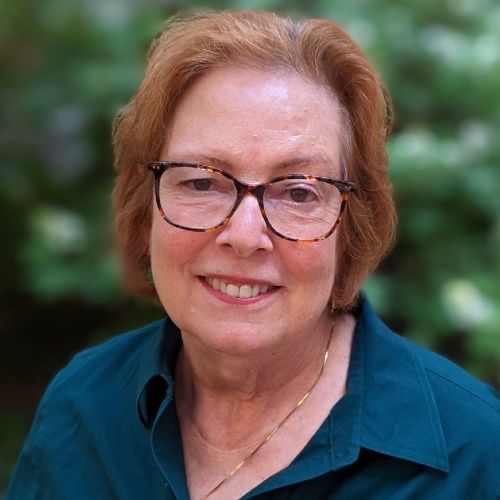Study: Dishonest acts hurt one’s ability to read others’ emotions
- July 24, 2019
- By Jill Young Miller
- 3 minute read

A consultant inflates his hours so he’ll be paid more. Will his dishonesty later affect whether he’ll be able to tell when his client is pleased or upset?
In a word, yes, according to a newly published paper by four researchers, including WashU Olin’s Ashley E. Hardin.
Dishonest deeds diminish a person’s ability to read others’ emotions, or “interpersonal cognition,” the research found.
And here’s one of the other big findings: The consequences snowball. One dishonest act can set in motion even more dishonesty.
It can be a vicious cycle. Sometimes people will tell a white lie and think it’s not a big deal. But a decision to be dishonest in one moment will have implications for how you interact with people subsequently.
Ashley Hardin
Repercussions in the workplace
It’s no surprise that liars and cheaters can hurt the workplace, as well.
“Given the rise of group work in organizations, there’s a heightened awareness of the importance of understanding others’ emotions,” said Hardin, assistant professor of organizational behavior. Also, a person’s ability to read emotions is crucial in negotiations and in building relationships.
Dishonesty has repercussions beyond harming trust and one’s reputation if others become aware of it, according to “The interpersonal costs of dishonesty: How dishonest behavior reduces individuals’ ability to read others’ emotions,” in the Journal of Experimental Psychology: General.
Lying and cheating is “not only is financially costly (e.g., in the case of stealing from a company or increasing the risk of costly lawsuits) but also can harm interpersonal relationships through a particular channel: individuals’ ability to detect others’ emotions,” even when those others are not the victims of the wrongdoing.
Eight studies involving 1,500+ adults
Hardin’s areas of expertise are organizational behavior, team development and negotiation. She conducted the research with Julia J. Lee, of the University of Michigan, Bidhan Parmar, of the University of Virginia, and Francesca Gino, of Harvard University.
In all, the researchers conducted eight studies involving more than 1,500 adults to gauge lying and cheating in various scenarios. The findings support the following:
- A connection exists between dishonest behavior and one’s ability to accurately read and empathize with others’ emotions.
- Bad actors are less likely than others to define themselves in terms of close relationships, for example as a sister or a mentor.
- Dishonest behavior leads to damage downstream; the first transgression is a catalyst to dehumanize others and perform even more dishonest acts.
- People who are more socially attuned are less likely to behave dishonestly.
“When individuals are lacking their physiological capacity for social sensitivity, they may be more susceptible to the social distancing effects of engaging in dishonest behavior,” the researchers write.
‘Dynamic tension’
The findings fundamentally challenge views that lump morality and empathy into a single construct, Hardin said. Social psychology research has long argued that empathy is a moral sentiment that triggers prosocial behavior. But empathy toward others can also lead employees to cross ethical boundaries.
Consider a 2010 study by WashU Olin’s Lamar Pierce and Gino, of Harvard. The research was in the context of vehicle emissions. Employees helped customers with standard vehicles, as opposed to luxury cars, by illegally passing the cars on emissions tests. The results suggested that empathy toward others with a similar economic status can motivate dishonest behavior. Basically, the findings highlighted the importance of social context in ethical decision-making.
“Our work adds to this dynamic tension between dishonesty and empathy by showing … that one’s empathic accuracy can be affected by the specific psychological state produced by one’s dishonest behavior,” Hardin and her co-researchers write.
Media inquiries
For assistance with media inquiries and to find faculty experts, please contact Washington University Marketing & Communications.
Monday–Friday, 8:30 to 5 p.m.
Sara Savat
Senior News Director, Business and Social Sciences
